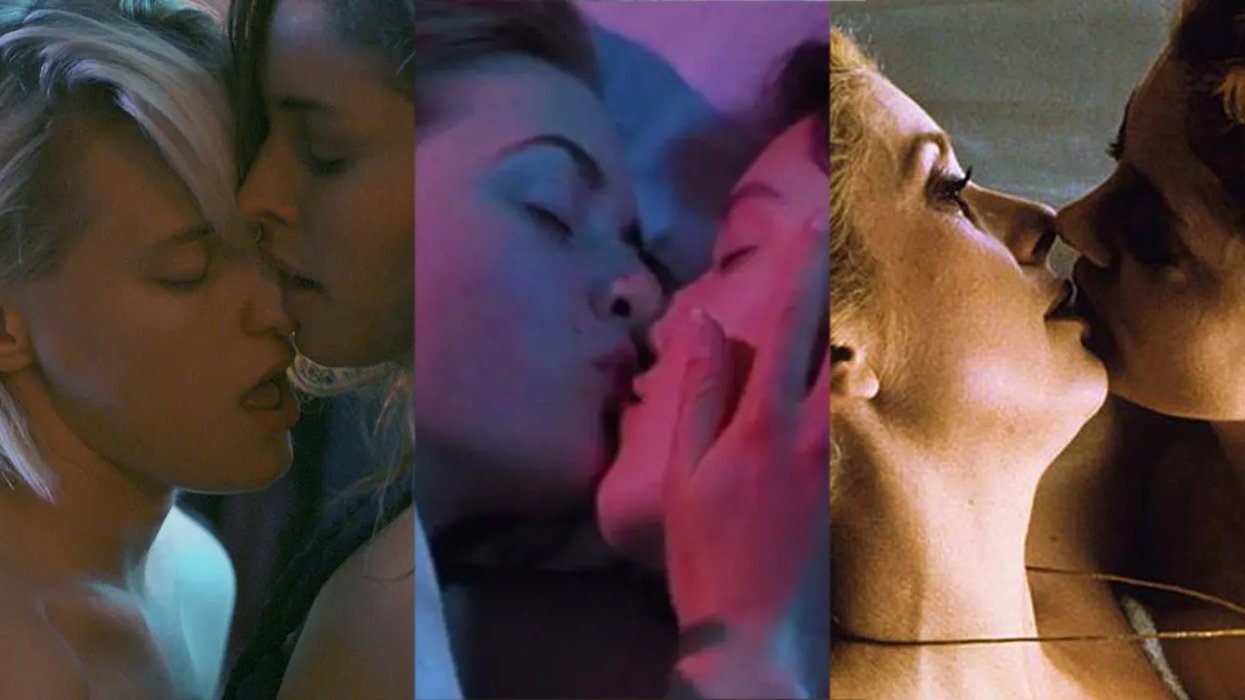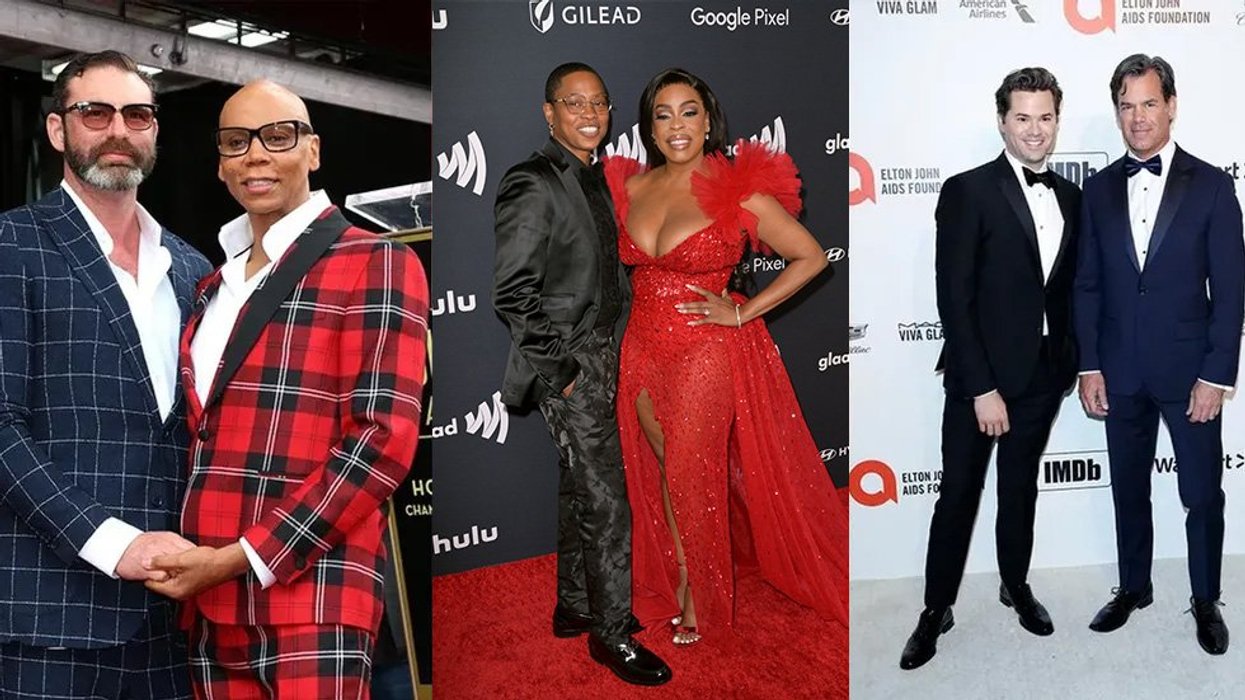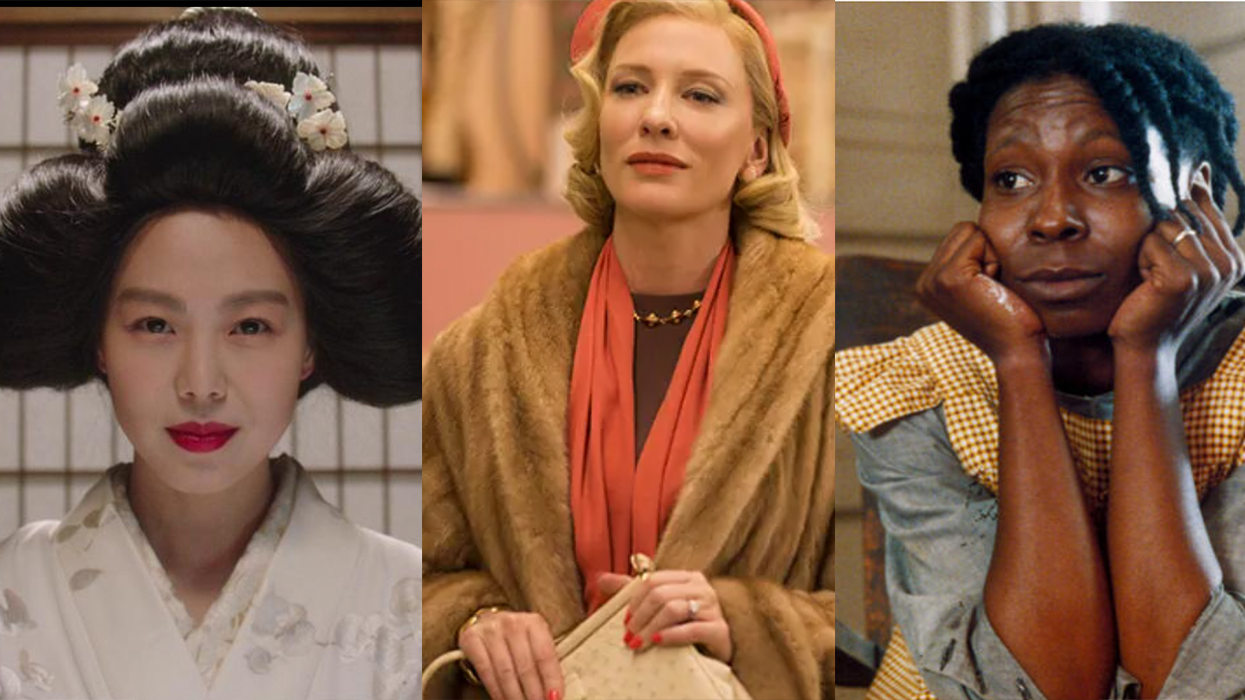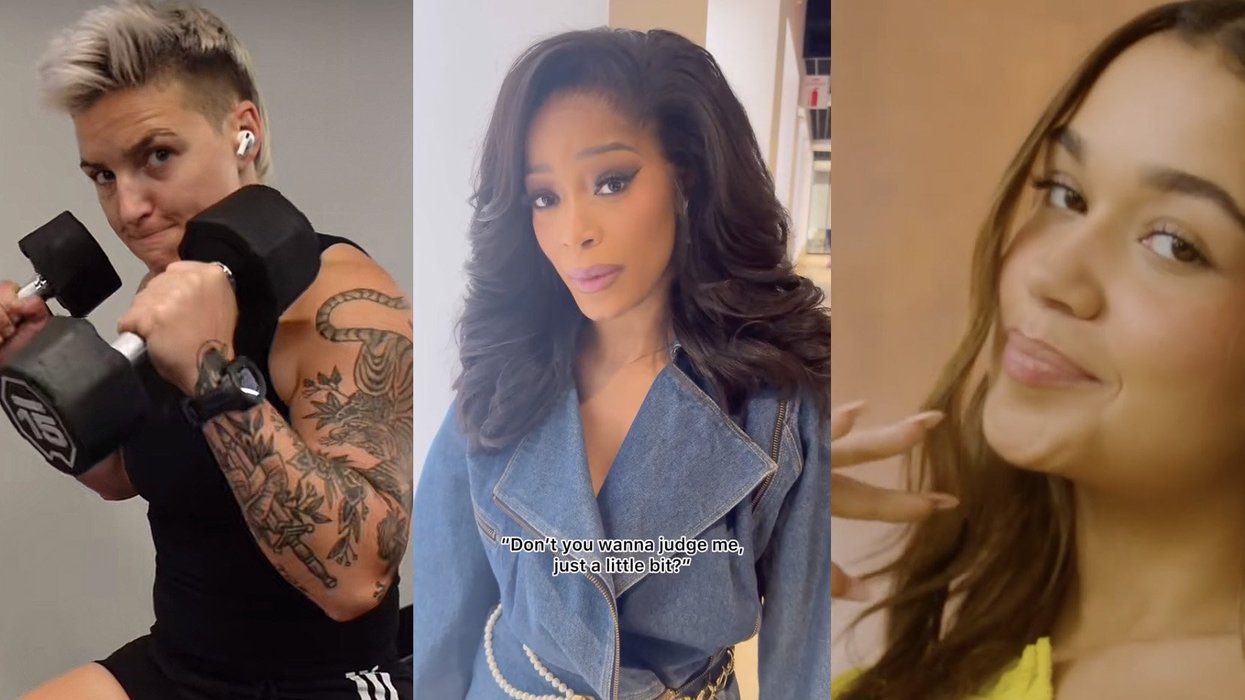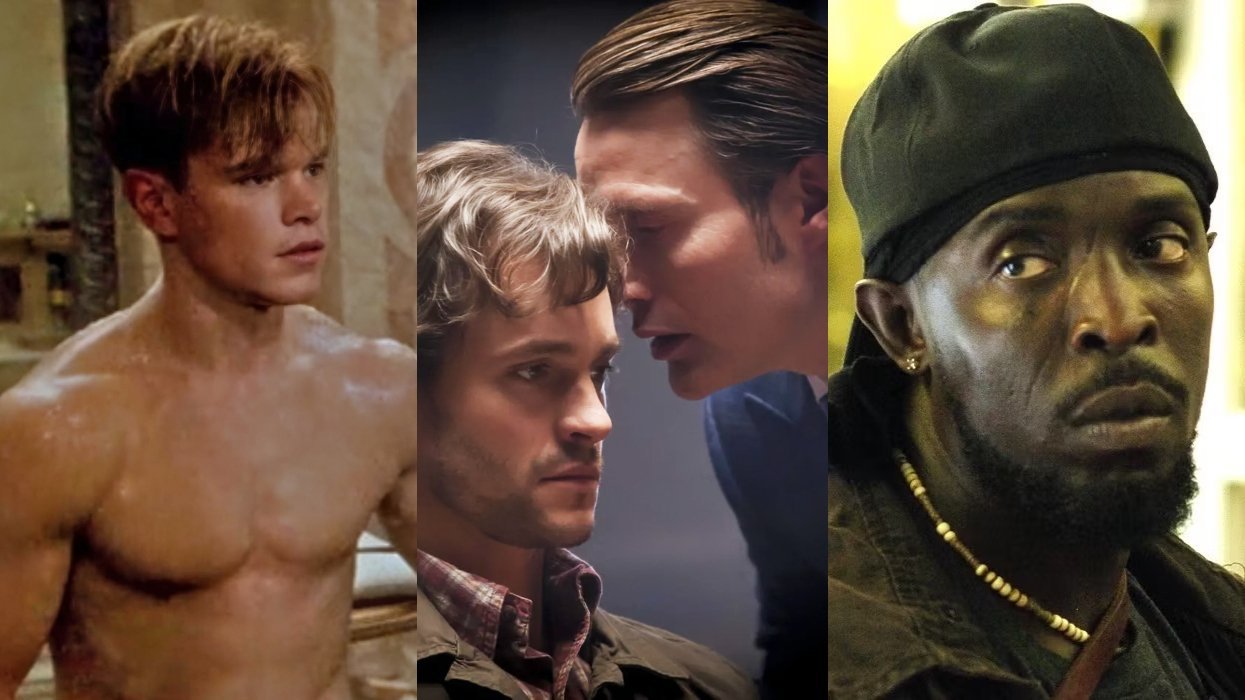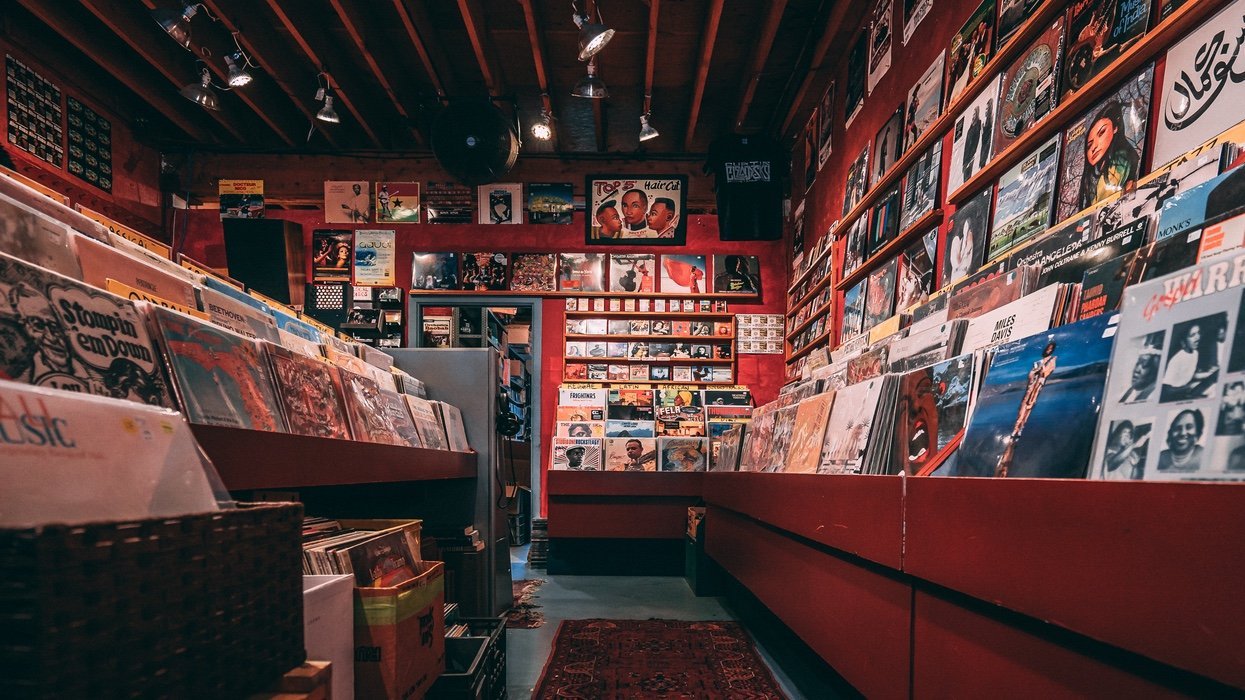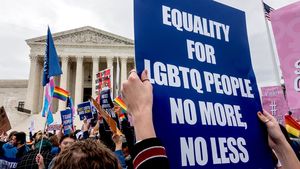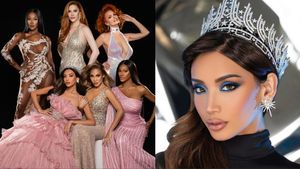Karl Lagerfeld insulted women when he asserted that Coco Chanel “was never a feminist” because she “was never ugly enough for that.” Lagerfeld must have mistakenly presumed no feminists enjoy the Chanel line luxury goods when he made the ignorant, prejudice comment about feminists.
The fashion authority Lagerfeld was giving an interview in Harper’s Bazaar, answering questions as he imagined the design house’s founder Coco Chanel, who died in 1971, would herself.
Harper's Bazaar: Your clothing liberated women in the 1920s. Are you still a feminist??
Karl Lagerfeld as Coco Chanel: I was never a feminist because I was never ugly enough for that.
Lagerfeld has long been known for his shocking comments, and he went on to ridicule himself in the interview. When the magazine asked what was new for Chanel, he replied (as Coco, remember) “CC: As apparently my old jacket is still around, done by this idiot Karl, I have to help him find a new idea.” But the relegation of a feminist woman as synonymous with ‘ugly’ is a popular misconception. While a feminist is technically defined as, “advocating social, political, and all other rights of women equal to those of men” many shun the title, fearing negative connotation associated with radical feminists as angry, man hating, and un-feminine.
Lagerfeld was most likely mistaken in his assertion that Chanel herself would not qualify as a feminist. Her revolutionary approach to ladies fashion made its most lasting impression by incorporating menswear, namely pants, into acceptable women’s wear.
Audrey Tatou as Coco Chanel (in a trademark pantsuit) in the forthcoming biopic.
"I gave women a sense of freedom,” Chanel is quoted as musing. She popularized the use of comfortable fabrics like jersey. “I gave them back their bodies: bodies that were drenched in sweat, due to fashion's finery, lace, corsets, underclothes, padding." Sounds pretty progressively feminist.
The Rebel Yell agrees, pointing out that although, “the fashion industry has always been criticized for being overly competitive and cruel, it has also liberated many women from social constructs that would have otherwise held them down. There are two sides to every story and the industry that is so often criticized holds much value to others.” Propelling ignorant stereotypes of feminism is dangerous in our culture where inequality it still part of reality. “So long as iconic people like Lagerfeld believe women cannot achieve greatness while being beautiful and also being proud of their intellect, women will believe it about themselves, too,” Leslie Venture of UNLV’s The Rebel Yell concludes.
It is very doubtful that Ms. Chanel herself would have wanted to send such a derogative message to the women she sought to empower.













































